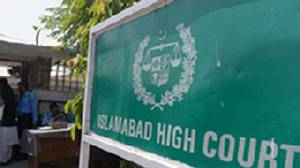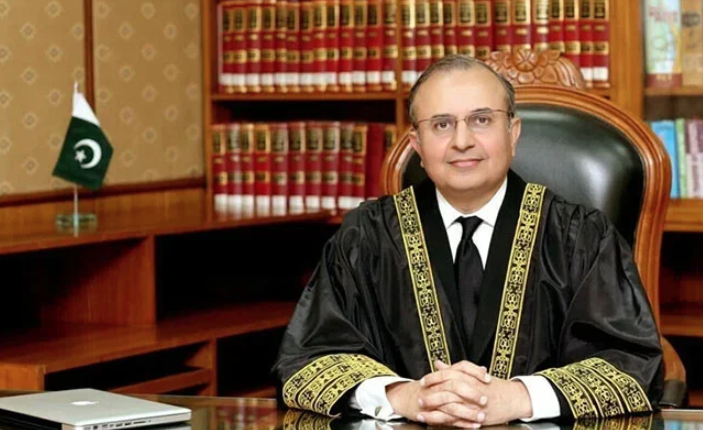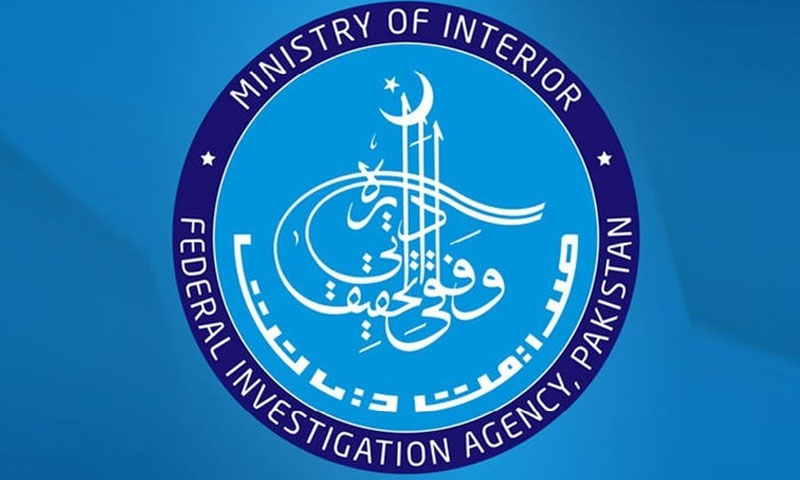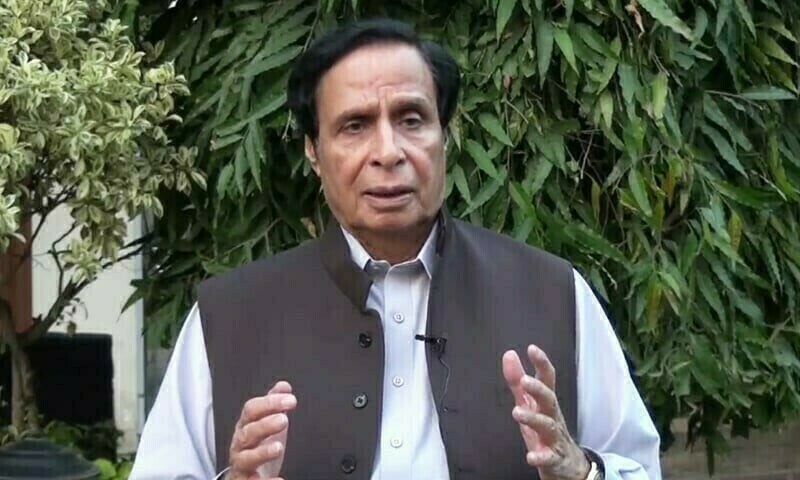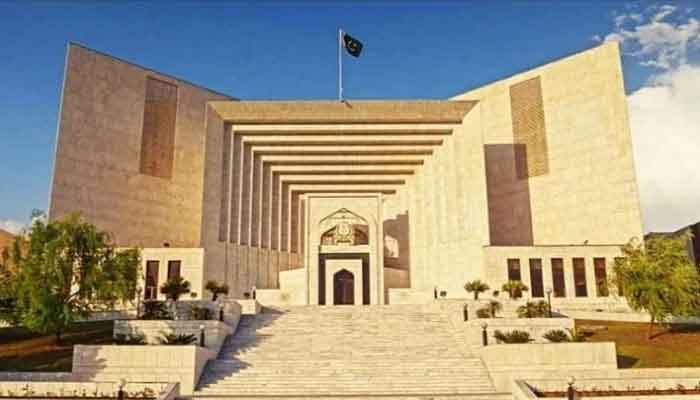LEGAL
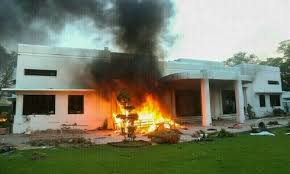
Military courts in Pakistan have sentenced 25 civilians to rigorous imprisonment ranging from two to ten years for their involvement in the May 9, 2023 riots. These attacks targeted military installations, including Jinnah House in Lahore, General Headquarters (GHQ) in Rawalpindi, and the Pakistan Air Force Base in Mianwali.
The riots, described as a “dark chapter” by the military, erupted following the arrest of a former premier by paramilitary forces, sparking nationwide unrest. Over 60 violent incidents were documented, causing a reported loss of Rs2.5 billion, with Rs1.98 billion borne by the armed forces.
Legal Proceedings and Sentences
The sentences come after the Supreme Court allowed military courts to announce verdicts for civilians tried in connection to the riots. The Field General Court Martial (FGCM) delivered the verdicts, ensuring, according to the ISPR, that all legal rights and due processes were upheld.
Of the 25 convicted, 14 received the maximum sentence of ten years. These included individuals involved in high-profile incidents like the Jinnah House attack and the GHQ assault. Other sentences ranged from two to nine years, reflecting the gravity of their involvement.
The ISPR underscored that the convicts have the right to appeal under military law. It stated that further sentences for other accused individuals would follow as trials conclude.
Political and Legal Reactions
The verdicts have sparked controversy. The Pakistan Tehreek-e-Insaf (PTI) has rejected the sentences, describing them as a violation of civilian rights. Opposition leader Omar Ayub labeled military courts “kangaroo courts,” asserting that civilians should be tried in civilian courts under constitutional norms.
Legal experts have echoed concerns about the fairness of the trials. Barrister Asad Rahim criticized the lack of transparency and its potential impact on Pakistan’s constitutional order. Advocate Ahmad Maudood Ausaf questioned the use of the Pakistan Army Act to try civilians, noting the high conviction rates as indicative of systemic bias.
Conversely, government officials have defended the process. Defence Minister Khawaja Asif stated that justice demands extending accountability to the masterminds of the May 9 incidents. Information Minister Attaullah Tarar accused the PTI of orchestrating “political terrorism,” asserting that the sentences establish the rule of law.
Broader Implications
The military described the May 9 riots as politically motivated attacks aimed at undermining state authority. In its statement, the ISPR emphasized that justice would only be complete once the planners of the violence are held accountable.
While the sentences mark a milestone in the ongoing trials, they also highlight tensions between civilian rights and the military’s role in maintaining order. Legal experts have stressed the importance of upholding due process to differentiate democratic principles from authoritarian practices.
As appeals proceed, the outcomes will likely shape Pakistan’s judicial and political landscape, testing the balance between security concerns and adherence to constitutional norms.
